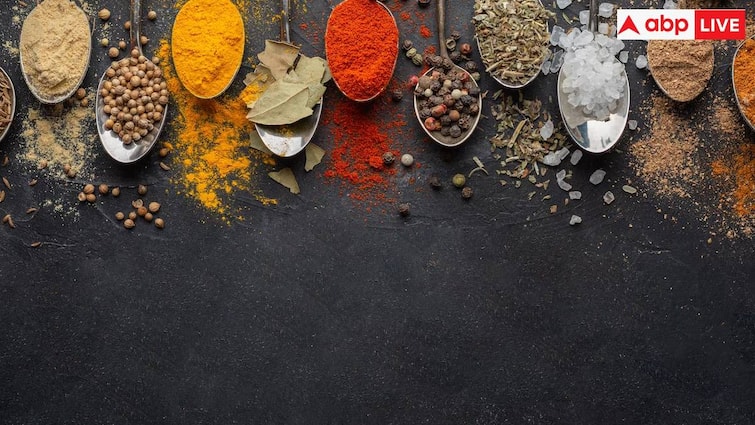In winter we eat a lot of whole spices. Indeed, during cold days we need to keep the body warm and whole spices have a warming effect. Whole spices like cinnamon, cloves, black pepper, cardamom and ginger are packed with medicinal properties that help increase the body’s immunity in cold weather. These spices not only improve the digestive system but also protect against problems like colds, coughs and flu.
Cinnamon and ginger improve blood circulation and keep the body warm from the inside. Black pepper and cloves help reduce sore throats and protect against bacteria. Cardamom not only gives fragrance but also improves digestion. Hot drinks made from these spices, such as kadhai or masala chai, are very popular in winter.
Apart from this, these spices are also used in winter to add flavor and warmth to dishes. Their regular consumption protects the body from the harmful effects of the cold and the body remains energetic. But if whole spices keep the body warm, their excessive consumption in winter can cause serious harm to the body. In this article, we will learn about the side effects of excessive consumption of whole spices in winter.
1. Digestion may be impaired
Excessive consumption of whole spices in winter can harm the digestive system. Spices like black pepper and cloves are hot. This can increase the digestion process. This can cause gas, indigestion, and stomach irritation. People with weak digestion should consume these spices in balanced quantities, especially.
2. Body temperature may increase
Whole spices like ginger and cinnamon produce more heat in the body. Excessive heat can cause rashes, itching, or sweating. If a person’s body temperature is already high, excessive consumption of whole spices can cause skin diseases.
3. Avoid Whole Spices During Pregnancy
If pregnant women consume too many whole spices, they may suffer from stomach problems like gas or indigestion. Excessive consumption of whole spices in winter can be harmful to pregnant women. These spices can increase uterine contractions. You should therefore eat light foods during pregnancy.
4. Blood pressure may increase
Spices like cinnamon and black pepper increase blood circulation. Their excessive consumption can be harmful to hypertensive patients. These can put pressure on the heart and increase heart rate, which can have a negative impact on health.
Read this too – These products quickly increase blood sugar in winter, do you use them too?
5. Skin Allergies May Increase
Some people may be allergic to whole spices. Excessive consumption of ginger, cinnamon and cardamom can cause sore throat, rashes or breathing problems. Therefore, if there is a risk of allergy, these spices should be consumed only in small quantities.
Disclaimer: Some information given in news is based on media reports. Before implementing any suggestion, you should consult the relevant expert.
Check out the health tools below –
Calculate your body mass index (BMI)
